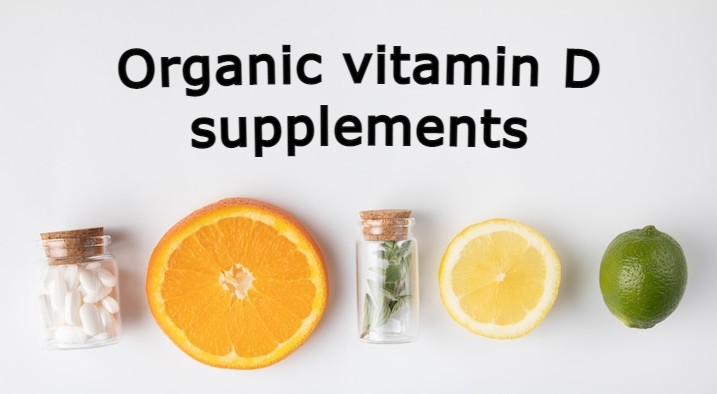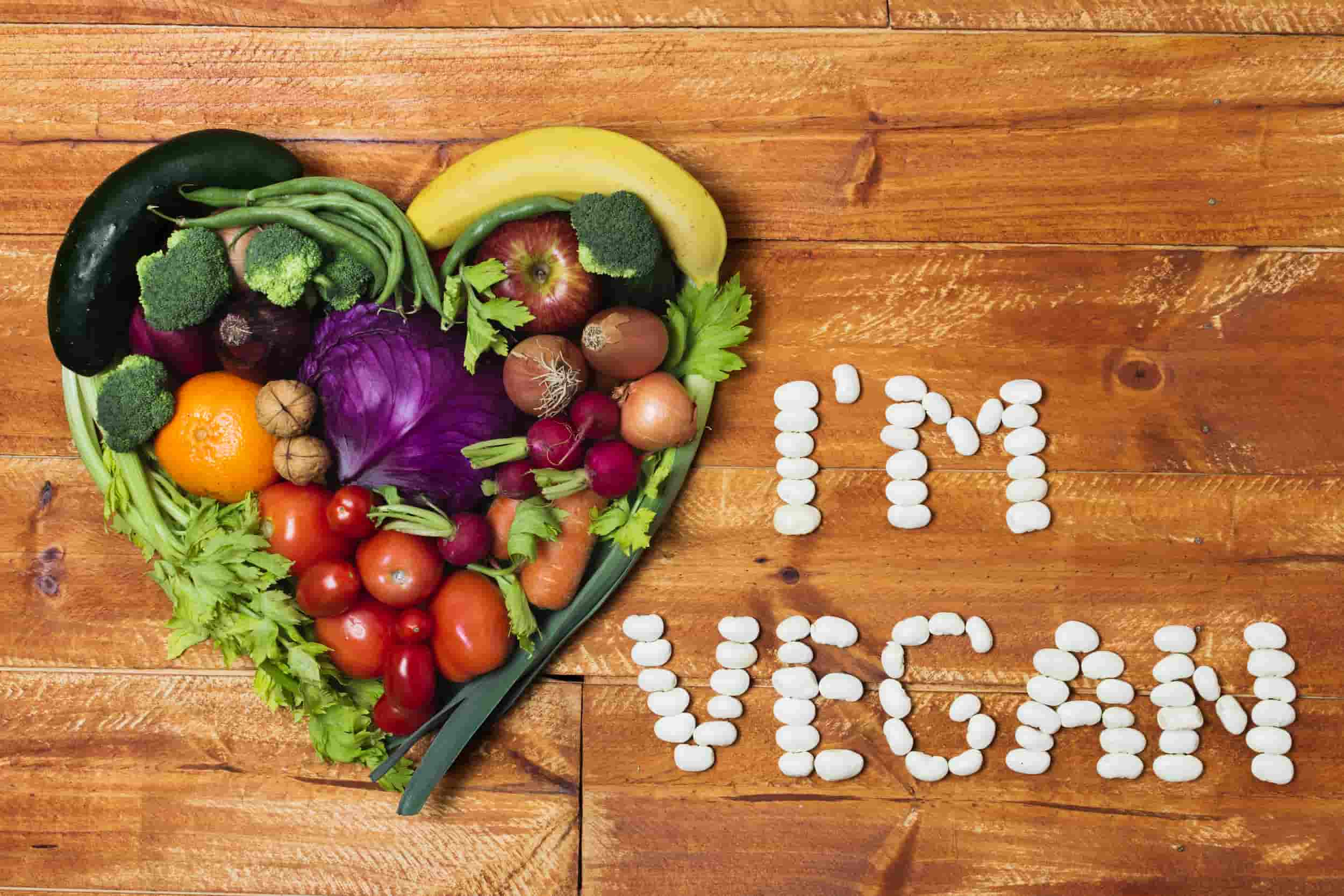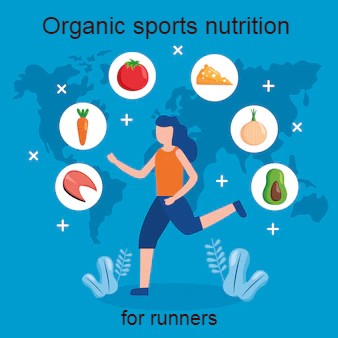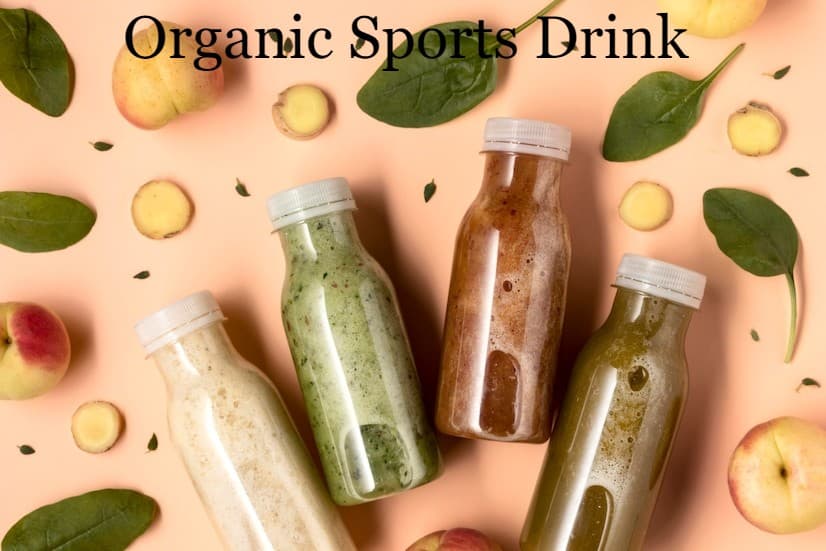Organic Iron Supplements
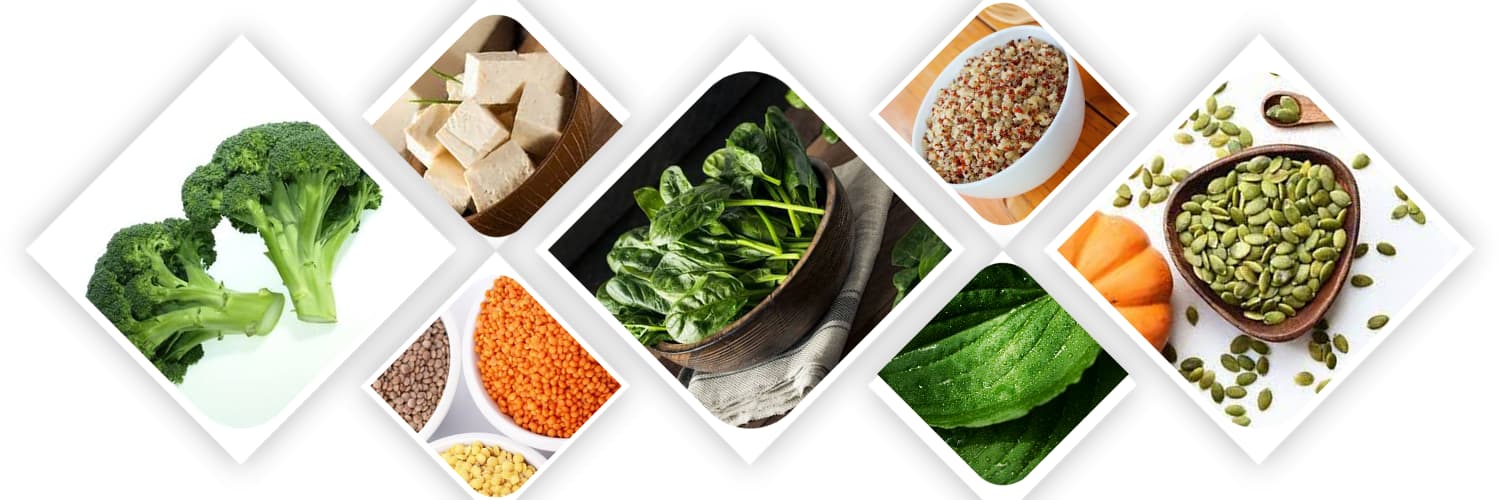
Hey there! Are you tired of feeling sluggish and low on energy? Have you been looking for a way to naturally boost your iron levels? Look no further than organic iron supplements!
Iron is an essential mineral that our bodies need to function properly. It helps transport oxygen throughout our bodies and plays a crucial role in energy production. However, many people struggle to get enough iron in their diets, which can lead to fatigue, weakness, and other health issues.
That’s where organic iron supplements come in. Made from natural, plant-based sources of iron, these supplements can help boost your iron levels and leave you feeling more energized and focused. Plus, they’re easy to incorporate into your daily routine and can be a great addition to a healthy diet.
So if you’re ready to take the first step towards better health and vitality, be sure to read my blog on organic iron supplements. You won’t want to miss out on all the amazing benefits they have to offer!
| Fact | Description |
|---|---|
| What are organic iron supplements? | Organic iron supplements are dietary supplements made from natural, plant-based sources of iron. They are designed to help boost iron levels in the body and improve overall health and well-being. |
| Benefits of organic iron supplements | Organic iron supplements can help improve energy levels, reduce fatigue, support healthy immune function, and improve cognitive function. They are also easy to incorporate into a healthy diet and are generally well-tolerated by most people. |
| Sources of organic iron | Organic iron can be found in a variety of plant-based foods, including lentils, spinach, tofu, quinoa, and fortified cereals. Some organic iron supplements may also contain other nutrients, such as vitamin C, which can help improve iron absorption. |
| Recommended dosage | The recommended dosage of organic iron supplements can vary depending on age, sex, and overall health status. It’s important to follow the dosage instructions on the supplement label and talk to a healthcare provider before starting any new supplement regimen. |
| Potential side effects | While organic iron supplements are generally safe and well-tolerated, they can cause some side effects, such as nausea, constipation, and stomach upset. It’s important to talk to a healthcare provider if you experience any persistent or severe side effects. |
| Precautions | Organic iron supplements should be used with caution in people with certain health conditions, such as hemochromatosis or thalassemia, as well as in pregnant or breastfeeding women. It’s important to talk to a healthcare provider before starting any new supplement regimen. |
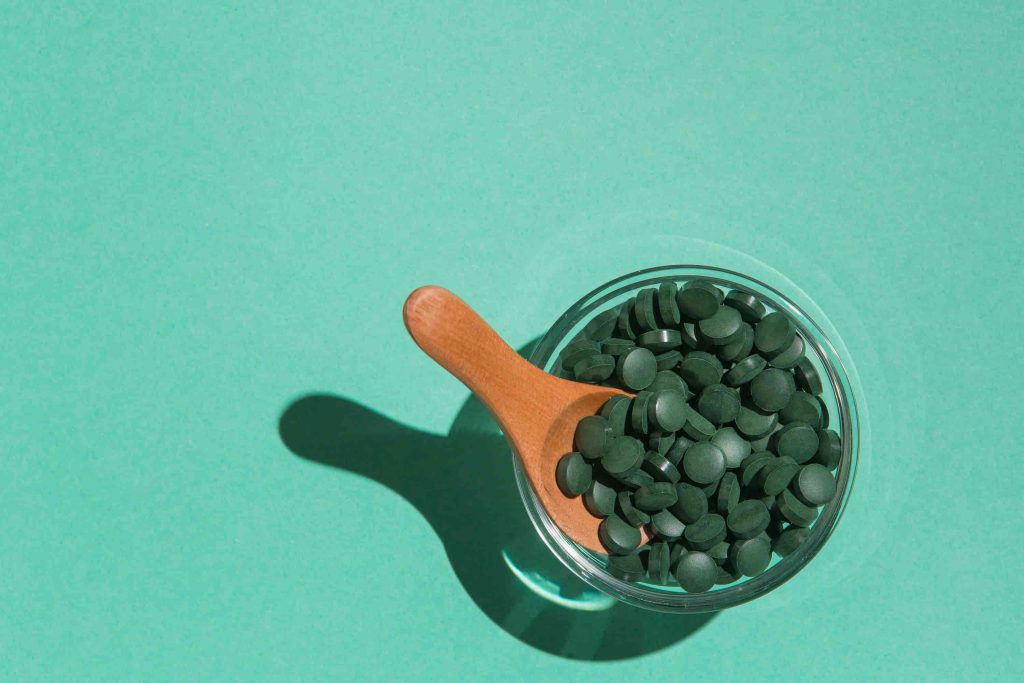
What are Organic Iron Supplements?
Organic iron supplements are dietary supplements that contain iron derived from natural sources, such as fruits, vegetables, and other plant-based sources. They are considered to be a healthier alternative to synthetic iron supplements, which can sometimes cause unpleasant side effects like constipation and upset stomach.
Iron is an essential mineral that plays a vital role in the body’s production of hemoglobin, a protein that carries oxygen throughout the body. Without enough iron, the body can’t produce enough hemoglobin, leading to a condition called iron deficiency anemia.
Benefits of Organic Iron Supplements
Organic iron supplements offer several benefits over synthetic iron supplements. Here are some of the most important ones:
- Better absorption: Organic iron supplements are more easily absorbed by the body than synthetic iron supplements.
- This is because the iron in organic supplements is bound to other molecules that help it pass through the digestive system and into the bloodstream.
- Fewer side effects:
- Organic iron supplements are less likely to cause side effects like constipation and upset stomach than synthetic iron supplements. This is because the iron in organic supplements is absorbed more efficiently, so there’s less of it left in the digestive system to cause irritation.
- Natural source:
- Organic iron supplements are derived from natural sources, such as fruits and vegetables, making them a healthier and more sustainable choice than synthetic iron supplements.
- No fillers: Organic iron supplements typically don’t contain any fillers or additives, making them a purer and more natural source of iron.
Best Sources of Organic Iron
Here are some of the best sources of organic iron:
- Spinach: Spinach is a rich source of organic iron, as well as other important nutrients like vitamin A and vitamin C.
- Lentils: Lentils are a great source of organic iron, as well as protein and fiber.
- Blackstrap Molasses: Blackstrap molasses is a sweetener that’s high in organic iron, as well as other important minerals like calcium and magnesium.
- Chia Seeds: Chia seeds are a great source of organic iron, as well as omega-3 fatty acids and fiber.
- Pumpkin Seeds: Pumpkin seeds are high in organic iron, as well as other important minerals like zinc and magnesium.
- Quinoa: Quinoa is a gluten-free grain that’s high in organic iron, as well as protein and fiber.
How to Choose an Organic Iron Supplement
When choosing an organic iron supplement, there are several things to keep in mind:
- Look for chelated iron: Chelated iron is a form of organic iron that’s bound to other molecules, making it more easily absorbed by the body.
- Check the dosage: Make sure the supplement contains enough iron to meet your needs, but not so much that it could cause side effects.
- Read the ingredients list: Make sure the supplement doesn’t contain any fillers or additives that could be harmful.
- Check for certifications: Look for supplements that have been certified by third-party organizations like NSF International or the United States Pharmacopeia (USP) to ensure their quality and purity.
How can I restore my iron naturally?
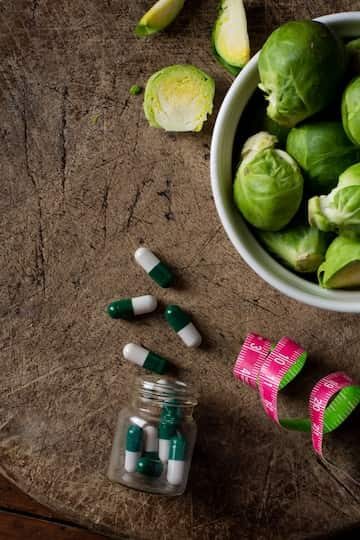
Iron is an essential mineral that plays a vital role in many bodily functions, including the production of red blood cells and the transportation of oxygen throughout the body. Iron deficiency is one of the most common nutritional deficiencies in the world, and it can lead to fatigue, weakness, and other health problems. If you are experiencing iron deficiency, there are many natural ways to restore your iron levels. Let’s explore some of these methods!
- Incorporate iron-rich foods into your diet
One of the best ways to restore your iron levels naturally is to incorporate more iron-rich foods into your diet. As we discussed in the previous section, there are many natural food sources of iron, including red meat, poultry, fish, beans and legumes, nuts and seeds, and dark leafy greens. Try to include a variety of these foods in your meals to ensure you are getting enough iron.
- Pair iron-rich foods with vitamin C
As we mentioned earlier, consuming iron-rich foods with a source of vitamin C can help enhance iron absorption. Vitamin C-rich foods include citrus fruits, strawberries, kiwi, and bell peppers. For example, try adding some sliced bell peppers to a lentil soup or squeezing fresh lemon juice over a spinach salad.
- Avoid consuming iron inhibitors
Some foods and beverages can inhibit iron absorption and should be avoided or consumed in moderation if you are trying to restore your iron levels. These include:
- Calcium-rich foods, such as dairy products and calcium-fortified beverages
- Coffee and tea
- Foods high in phytates, such as whole grains, nuts, and seeds
- Cook with cast iron
Cooking with cast iron can also help increase your iron intake. When you cook acidic foods, such as tomato sauce or chili, in a cast iron skillet, small amounts of iron can leach into the food. This can be a simple and effective way to boost your iron levels.
- Consider iron supplements
If you are unable to restore your iron levels through dietary changes alone, iron supplements may be necessary. However, it’s important to speak with your healthcare provider before taking any supplements, as too much iron can be harmful. Your healthcare provider can also help you determine the appropriate dosage and type of iron supplement for your needs.
- Manage underlying health conditions
Iron deficiency can also be caused by underlying health conditions, such as celiac disease or inflammatory bowel disease. If you suspect that an underlying health condition may be contributing to your iron deficiency, it’s important to speak with your healthcare provider. Treating the underlying condition may help restore your iron levels.
- Practice healthy lifestyle habits
Finally, practicing healthy lifestyle habits, such as getting enough sleep, managing stress, and engaging in regular physical activity, can also help restore your iron levels. These habits can improve overall health and well-being, which can in turn support healthy iron levels.
In conclusion, there are many natural ways to restore your iron levels, including incorporating iron-rich foods into your diet, pairing these foods with sources of vitamin C, avoiding iron inhibitors, cooking with cast iron, considering iron supplements, managing underlying health conditions, and practicing healthy lifestyle habits. By making these changes, you can support healthy iron levels and improve your overall health and well-being.
natural iron supplements food
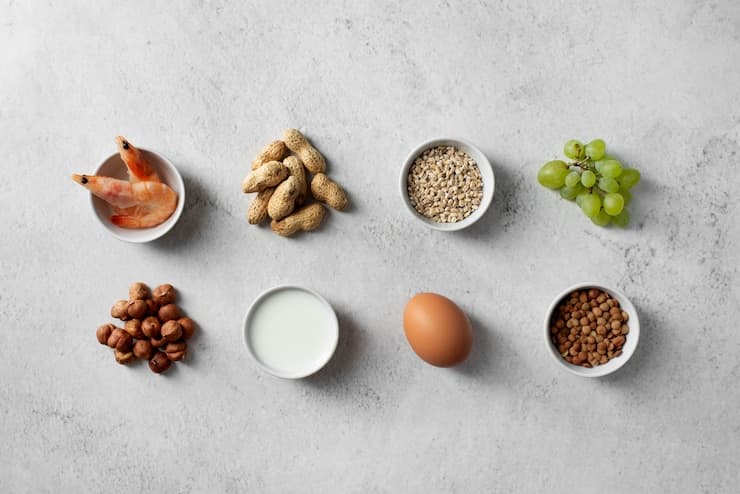
Iron is an essential mineral that plays a vital role in many bodily functions, including the production of red blood cells and the transportation of oxygen throughout the body. Iron deficiency is one of the most common nutritional deficiencies in the world, and it can lead to fatigue, weakness, and other health problems. While iron supplements can help correct iron deficiency, there are also many natural food sources of iron that can be incorporated into your diet to boost your iron intake. Let’s explore some of these natural iron supplements!
- Red meat
Red meat, such as beef and lamb, is a great source of heme iron, which is the most readily absorbed form of iron. A 3-ounce serving of beef contains about 2.6 milligrams of iron, which is about 14% of the daily recommended intake for adult women. However, it’s important to note that red meat should be consumed in moderation as it is also high in saturated fat and can increase the risk of certain health problems.
- Poultry
Poultry, such as chicken and turkey, is another good source of heme iron. A 3-ounce serving of chicken contains about 1.1 milligrams of iron, which is about 6% of the daily recommended intake for adult women. Poultry is also a leaner source of protein compared to red meat, making it a healthier option.
- Fish and seafood
Fish and seafood are also good sources of heme iron. For example, a 3-ounce serving of canned sardines contains about 1.5 milligrams of iron, which is about 8% of the daily recommended intake for adult women. Fish and seafood are also rich in other important nutrients, such as omega-3 fatty acids, which can help reduce the risk of heart disease.
- Beans and legumes
Beans and legumes, such as lentils, chickpeas, and kidney beans, are excellent sources of non-heme iron, which is a form of iron that is not as easily absorbed by the body as heme iron. However, consuming these foods with a source of vitamin C, such as tomatoes or citrus fruits, can help enhance iron absorption. For example, a cup of cooked lentils contains about 6.6 milligrams of iron, which is about 37% of the daily recommended intake for adult women.
- Nuts and seeds
Nuts and seeds, such as pumpkin seeds, cashews, and almonds, are also good sources of non-heme iron. For example, a quarter cup of pumpkin seeds contains about 2.5 milligrams of iron, which is about 14% of the daily recommended intake for adult women. Nuts and seeds are also rich in other important nutrients, such as healthy fats and protein.
- Dark leafy greens
Dark leafy greens, such as spinach, kale, and collard greens, are another great source of non-heme iron. For example, a cup of cooked spinach contains about 6.4 milligrams of iron, which is about 36% of the daily recommended intake for adult women. Dark leafy greens are also rich in other important nutrients, such as vitamin K and calcium.
- Fortified cereals and bread
Many breakfast cereals and breads are fortified with iron, which can help boost your iron intake. However, it’s important to choose fortified products that are also low in sugar and high in fiber. For example, a cup of fortified breakfast cereal can provide up to 18 milligrams of iron, which is more than 100% of the daily recommended intake for adult women.
In conclusion, incorporating these natural food sources of iron into your diet can help boost your iron intake and prevent
Which herb has the most iron?
- Parsley
Parsley is a popular herb that is commonly used as a garnish or ingredient in many dishes. But did you know that parsley is also an excellent source of iron? In fact, a 100-gram serving of parsley contains about 6.2 milligrams of iron, which is about 35% of the daily recommended intake for adult women.
- Thyme
Thyme is another herb that is rich in iron. A 100-gram serving of thyme contains about 1.24 milligrams of iron, which is about 7% of the daily recommended intake for adult women. Thyme is also a good source of other essential minerals, including calcium, magnesium, and potassium.
- Oregano
Oregano is a flavorful herb that is often used in Mediterranean and Mexican cuisine. It is also a good source of iron, with a 100-gram serving containing about 1.66 milligrams of iron, which is about 9% of the daily recommended intake for adult women.
- Basil
Basil is a popular herb that is often used in Italian and Thai cuisine. It is also a good source of iron, with a 100-gram serving containing about 3.17 milligrams of iron, which is about 18% of the daily recommended intake for adult women. Basil is also rich in other essential nutrients, including vitamin K, vitamin C, and calcium.
- Dill
Dill is an herb that is commonly used in pickling and seafood dishes. It is also a good source of iron, with a 100-gram serving containing about 2.1 milligrams of iron, which is about 12% of the daily recommended intake for adult women.
- Cilantro
Cilantro, also known as coriander, is an herb that is often used in Mexican, Indian, and Southeast Asian cuisine. It is also a good source of iron, with a 100-gram serving containing about 1.77 milligrams of iron, which is about 10% of the daily recommended intake for adult women.
- Mint
Mint is a refreshing herb that is often used in teas, desserts, and salads. It is also a good source of iron, with a 100-gram serving containing about 3.75 milligrams of iron, which is about 21% of the daily recommended intake for adult women.
So, which herb has the most iron? While all of these herbs are good sources of iron, parsley has the highest concentration of iron per 100-gram serving. However, it’s important to note that the bioavailability of iron can vary depending on the form it is consumed in and other factors, such as the presence of certain nutrients or compounds that can enhance or inhibit iron absorption.
In conclusion, incorporating these iron-rich herbs into your diet can be a great way to boost your iron intake naturally. Whether you sprinkle some parsley on your salad or add some thyme to your soup, these herbs not only add flavor but also provide important nutrients for your body to function properly.
Potential side effects and precautions
Organic iron supplements are a popular choice for individuals who struggle to get enough iron from their diets alone. While they offer numerous benefits, they can also come with potential side effects and precautions that users should be aware of.
One of the most common side effects of taking organic iron supplements is nausea. This is because iron is an essential mineral for the body, but too much of it can cause gastrointestinal distress. To minimize the risk of nausea, it is recommended that users take their organic iron supplement with food or a meal. This can help to prevent the stomach from becoming upset and alleviate any feelings of nausea.
Another potential side effect of taking organic iron supplements is constipation. Iron supplements can cause constipation by slowing down the digestive system and making it harder for the body to pass stool. To avoid this side effect, it is recommended that users increase their fluid and fiber intake. This can help to soften stools and make them easier to pass.
In addition to these potential side effects, there are also some precautions to take when using organic iron supplements. For example, users should avoid taking their supplement with certain medications, such as antibiotics or antacids. This is because iron can interfere with the absorption of these medications, rendering them less effective. To avoid this issue, users should consult with their doctor or pharmacist to determine the best time to take their iron supplement.
It is also important to note that organic iron supplements can interact with certain foods. For example, calcium-rich foods can inhibit the absorption of iron, so users should avoid taking their supplement with dairy products or calcium supplements. On the other hand, vitamin C-rich foods can enhance the absorption of iron, so users should consider taking their supplement with a glass of orange juice or other citrus fruits.
In addition to these precautions, it is important for users to follow the recommended dosage guidelines for their organic iron supplement. Taking too much iron can lead to iron toxicity, which can cause serious health problems. Symptoms of iron toxicity can include nausea, vomiting, abdominal pain, and even organ failure. To avoid this, users should always read the label and follow the recommended dosage instructions.
Overall, organic iron supplements can offer numerous benefits for individuals who struggle to get enough iron from their diets. However, users should be aware of the potential side effects and precautions associated with their use. By following these guidelines and consulting with a healthcare provider, users can safely and effectively supplement their iron intake and enjoy the benefits of a healthy and balanced diet.
Conclusion
Iron is an essential nutrient for the human body, and not getting enough of it can lead to serious health consequences. Fortunately, there are many natural sources of iron that can help you maintain optimal iron levels. Harvard.edu, a renowned research institution, recommends choosing these natural sources of iron and carefully selecting your supplements to ensure that your body is getting the iron it needs to function at its best.
Some of the best natural sources of iron include leafy greens like spinach and kale, as well as beans, lentils, and whole grains. Animal products like beef, poultry, and seafood are also good sources of iron, but for those following a vegetarian or vegan diet, plant-based sources can be just as effective.
When it comes to iron supplements, it’s important to choose ones that are made from natural sources and free from harmful additives. Organic iron supplements, like those made from plant-based ingredients, are often the best choice because they are easier for the body to absorb and are less likely to cause digestive discomfort.
In addition to natural sources of iron and carefully selected supplements, it’s also important to be mindful of other factors that can affect iron absorption. For example, consuming vitamin C-rich foods like citrus fruits or bell peppers can enhance iron absorption, while consuming dairy products at the same time as iron-rich foods can hinder absorption.
By taking these factors into account and making smart choices when it comes to your diet and supplements, you can ensure that your body is getting the iron it needs to function at its best. With the help of trusted sources like Harvard.edu, you can make informed decisions and improve your overall health and well-being.
Iron can be obtained organically through various food sources, including:
Dark leafy greens, such as spinach, kale, and collard greens
Legumes, such as lentils, chickpeas, and beans
Nuts and seeds, such as almonds, cashews, pumpkin seeds, and sesame seeds
Whole grains, such as quinoa, brown rice, and oats
Red meat, poultry, and fish
Tofu and tempeh
Dried fruits, such as apricots, raisins, and prunes
Incorporating a variety of these foods into your diet can help you meet your daily iron requirements in a healthy and sustainable way.
Organic iron supplements should be taken as directed on the product label, usually with a meal to enhance absorption. It is important not to take more than the recommended dose, as this can cause toxicity and other adverse effects.
While organic iron supplements may be less likely to cause side effects than other types of iron supplements, they can still cause digestive upset, such as nausea, constipation, or diarrhea. In rare cases, they may also cause an allergic reaction.
Some natural sources of organic iron include spinach, kale, lentils, chickpeas, pumpkin seeds, and quinoa.
Organic iron supplements differ from other types of iron supplements in that they contain iron that is derived from natural sources, rather than being synthesized in a laboratory. This may make them more easily absorbed and less likely to cause digestive upset or other side effects.
Table of contents
Contents
